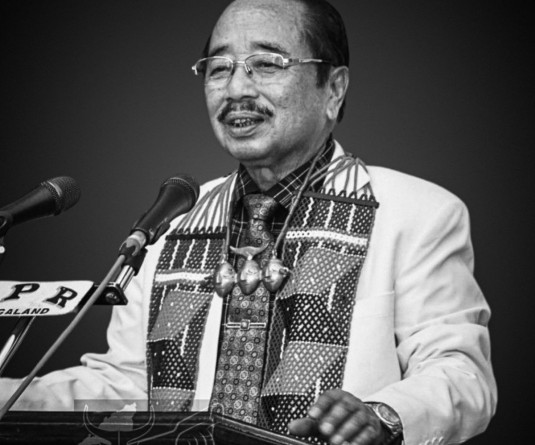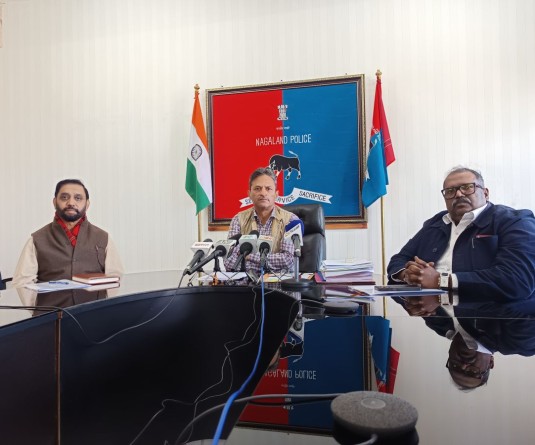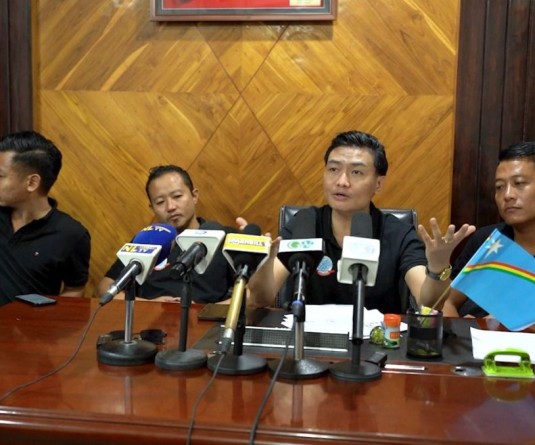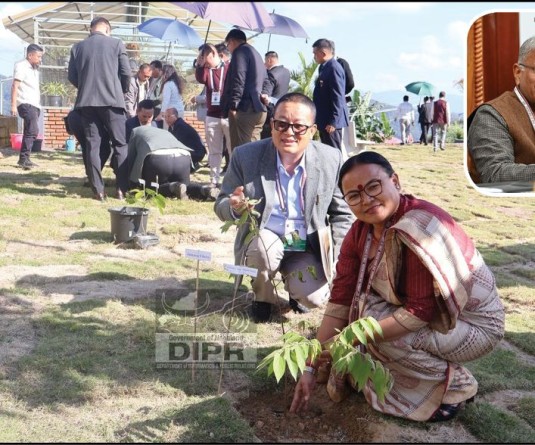
Kohima, November 15 (MExN): In a significant order, the Gauhati High Court, Kohima Bench has directed the Government of Nagaland to take appropriate action towards fully implementing the Rights of Persons with Disabilities (RPwDs) Act of 2016 within a period of five months.
The judgement was passed in the Gauhati High Court, Aizawl Bench on November 13, in a bench led by Justice Songkhupchung Serto. It also directed the government to reserve one post each for EAC and Secretariat Assistant for visually disabled or impaired persons, informed a press release from the NSLSA.
In relation to this, Toviholi Swu who is assisted by Nagaland State Legal Services Authority (NSLSA) had earlier filed two writ petitions before the Guwahati High Court, Kohima Bench alleging that no proper identification of post and services have been made by the Government of Nagaland in government departments and establishments for reservation of visually impaired or disabled persons.
The petitioner also challenged that in regard to various posts advertised by NPSC on August 31, 2018, the State Government did not follow the provision of the RPwD Act of 2016 and reserve 4% of the total number of vacancies in the cadre strengths of each group of posts to be filled up with persons with benchmark disabilities.
The petitioner applied for the post of EAC and Secretariat Assistant and she is stated to have cleared the first two stages of the examination. However, since no post has been reserved in the two services mentioned, especially for people belonging to her category of disabled persons (visually impaired), the petitioner filed the writ questioning the advertisement and challenging the notification.
It may be mentioned that the petitioner, a visually impaired person, has appeared for the Nagaland Public Service Commission (NPSC) several times, and has even reached the viva round.
While passing the verdict, the judgement ruled that, “the petitioner’s prayer is not beyond the rights or entitlement as per the Act of 2016 and as per the right guaranteed under Article 21 of the Constitution of India. Granting of her prayer as per the provisions of the Act and the provisions of the Constitution will not infringe anybody’s right.”
According to the Rights of Persons with Disabilities (RPwDs) Act of 2016, Section 34 (I), “every appropriate government shall appoint in every government establishment, not less than four percent of the total number of vacancies in the cadre strength in each group of posts meant to be filled with persons with benchmark disabilities.”
"The question is should the persons belonging to disabled category like the petitioner in this case continue to be deprived of their rights provided under the new Act of 2016 and their rights under Article 14, 16 and 21 of the Constitution of India just because appropriate rules or notifications or memorandums for implementation of the provisions of Act have not been framed and notified, that too after the lapse of 2 to 3 years from the date of coming into force of the Act of 2016 and can this Court ignore or turn a blind eye to such a fact and situation," the Judge observed.
While noting that the Government of Nagaland should have acted promptly and do the needful as required under Section 33 and 34 of the Act of 2016, so that people belonging to disabled groups enjoy the benefits of the provisions of the Act, he stated that the government cannot play hide and seek under the cover of the authority given to them.
The Court later held that the submission of the counsel for the respondents was not acceptable. The counsel had argued that "since the examination has been conducted in terms of the advertisement, the rights of other candidates would be affected if any direction is given, as prayed for by the petitioner.”
"Because, the petitioner’s prayer is not beyond the rights or entitlement as per the Act of 2016 and as per the rights guaranteed under Article 21 of the Constitution of India. Granting of her prayer as per the provisions of the Act and the provisions of the Constitution will not infringed anybody’s right," the court later maintained.






